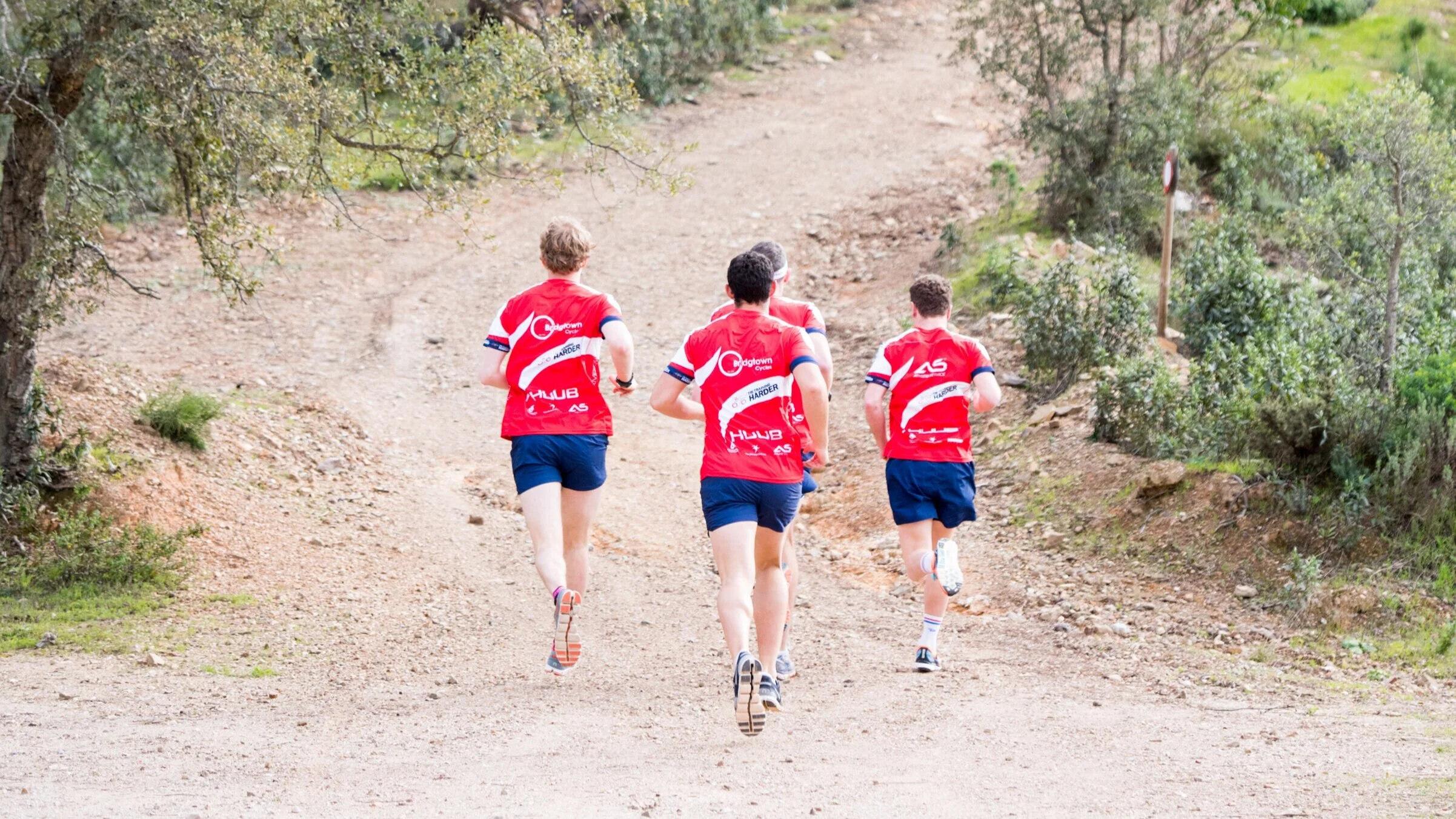For this page, we have tried to collate all the information we have on training for your first ultra-distance race as well as bring together articles and resources that are useful for you to read through before you start your event. We also have put together some common questions that athletes ask about training to help you on your way.
Given the specifics of ultra-distance racing, nutrition and training, it may be worth speaking to one of our coaches in one of our Coach Consultations or browsing our training plans.
Articles
Podcasts
Common Questions and Answers
-
No! We recommend as a minimum building up to the mileage in the week for that which you will do in the event.
We also strongly recommend using events as a way of building your fitness and practising with your equipment and nutrition. -
We strongly recommend building your running frequency instead of doing big “long runs” Lots of small runs through the week will prepare you for the event without overreaching and risking injury. This article is a helpful starting point.
Give yourself ample time and build slowly. You can use races as long runs to step up the distance (e.g. a marathon, 50km, 50 miler etc. It is also fun to try some trail races which will increase the time on your feet compared to an equivalent road race.
-
Each event will have a list of mandatory items. These need to be with you at all times. Depending on the race, this could be extensive or fairly straightforward. You have to have these with you. Thereafter, it is up to you.
We suggest you look at what you need first, then choose the kit based on that, and find the equipment you like and work for you. This may be a trial and improvement process where you sample what works for you over a few shorter races or longer runs.
-
Ultra marathons are technically any running race that covers a distance further than the 42.2km marathon distance. They can be any distance and any amount of elevation change. Make sure you know what the distance is before starting!
-
Ultra marathons will take a vast amount of time given some of the extreme distances they cover.
They can last from between 4-5 hours to over 30 or even more if they are multi-day races like Marathon des Sables.
-
Each Ultra race will have its own type of terrain. Some may be hilly, mountains or sandy; some will be flatter.
More importantly, you should consider the type of ground you will cover as your shoe selection can make a difference to how much grip you have and how much pressure uneven rocky ground has on your feet. Trail shoes are usually specific for different types of terrain.
-
Ultra Marathon fuelling can be quite complicated due to the number of hours you could be racing for. Your requirements will vary depending on the time you are taking and the intensity you intend to race at.
We suggest practising a few different options but start firstly with how many electrolytes and fluid quantities you need.
You should maximise the fuel you can take, but it may be 40-90g of carbohydrates every hour.
We suggest talking to a nutritionist to help your plan and loading strategy.
-
There are not many specific rules you need to know about for ultra running events. However, because each event is likely to cover significant distances and also go into the night, there will be specific rules and mandatory kit items and timings that you will need to adhere to.
Each event will be very clear about what these are in their briefings.
-
Pacing and fuelling are the two parts that you have control over and can manage the pace of. There is a saying in ultra events that is if you are hungry, eat; if you are not hungry, eat.
Mistakes made early in pacing (going too fast) and fuelling (not getting enough in) will undoubtedly come back to bite you.
-
Aside from the points above regarding pacing and nutrition, a lot of people struggle in long-distance races because of admin and logistics. Little things like foot hygiene or chaffing can derail a race. So you need to address these small things early and have the equipment at checkpoints to manage them.
Plan the time between checkpoints effectively, so you have everything you could need between each one. Looking at the route and planning how long it is likely to take you will be really helpful in these situations.
Finally, ensure you have tried all your kit and know it works. Finding out your rucksack rubs in the first 10k could make it a very long 100km, and you may not finish due to something like that rather than any fitness.
-
Several ultra races will allow crews to support the athletes.
Choosing your crew is important as they will support your through the race. However, there is some real delicacy in getting this right.
Crew should:
Be supportive (obviously). They should care about what you are doing.
Have an understanding of your plan and how you intend to execute it. This is critical because the plan will inevitably change. When it changes, they need to be able to adapt the strategy.
Be people you can pass the decision-making to. You need to trust them and be happy to delegate that over to the crew.
Be tough-skinned. You may not be at your finest or most polite, so your crew need to be able to take your comments with a pinch of salt.
They should possess the skills you feel are needed to do the crewing, be self-sufficient, resourceful and be able to take the initiative.









